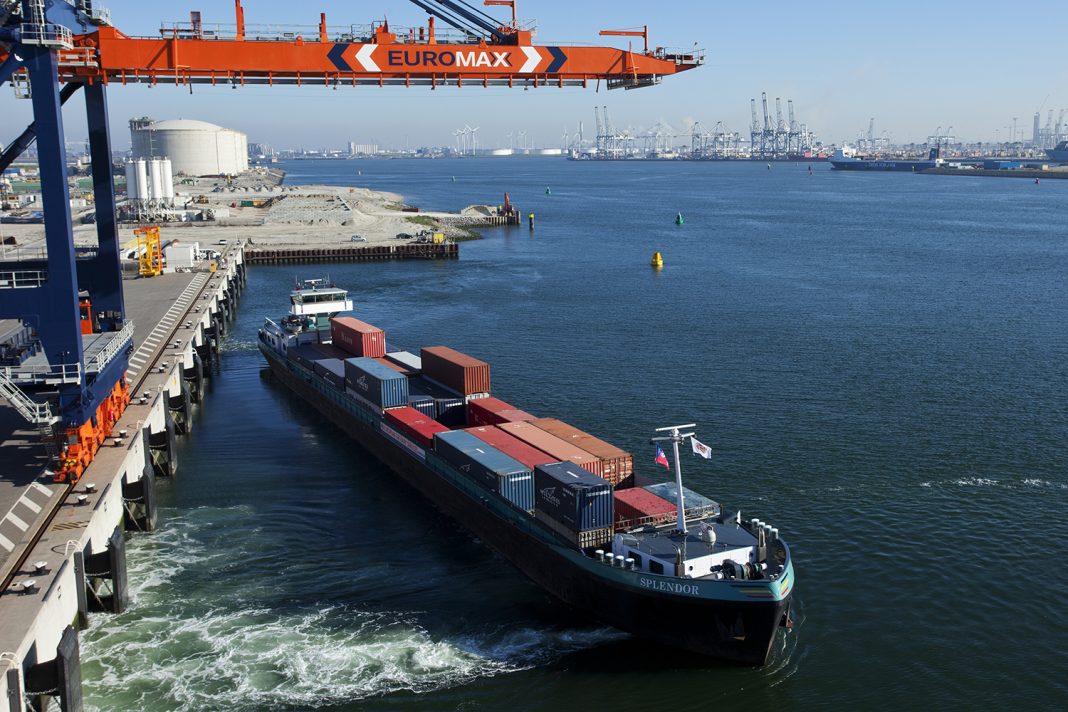Wärtsilä is part of an international alliance, headed by the Port of Rotterdam Authority, which has this month been awarded nearly €25 million in EU funding to implement projects aimed at sustainable and smart port logistics. This involves the development of a grand plan that sets out how transport within, to and from ports can be made carbon-free by 2050.
While numerous green fuels and energy carriers are being advanced, the partners have also initiated a series of digitalisation and automation projects in relation to the energy transition aimed at encouraging businesses to improve the sustainability of their logistics.
The research project, nicknamed MAGPIE (sMArt Green Ports as Integrated Efficient multimodal hubs) was borne out of a collaboration between the port authorities of Rotterdam, DeltaPort (Germany), HAROPA (France: La Havre, Rouen, Paris) and Sines (Portugal), in partnership with 10 research institutions and over 30 companies in the Netherlands, Germany, France, Portugal and Denmark.
Wärtsilä, who is the largest industrial partner of MAGPIE, is set to receive the biggest portion of the grant for a sub-project to demonstrate a commercially viable autonomous intra-port inter-terminal container shuttle to address an emerging capacity bottleneck for internal container transportation.
The installation will include several of the latest Wärtsilä solutions; including SmartMove Suite, which provides a unique pairing of sensor tech with navigation systems for safe, automated ship movement.
Wärtsilä’s autonomous solutions have been tried and tested successfully in the busiest and highly congested waters before, both in complex inland waterways and at international ports like Singapore. So, they can handle high traffic volume safely by design.
The company will be delivering an autonomous e-barge concept that can greatly enhance efficiency in the Port of Rotterdam through automated seaborne cargo transshipment.
For such a barge to not only being smart, but also emission free, electric propulsion will be enabled by means of an electric drive train and a ground-breaking interchangeable battery container solution, which is charged using renewable power.


